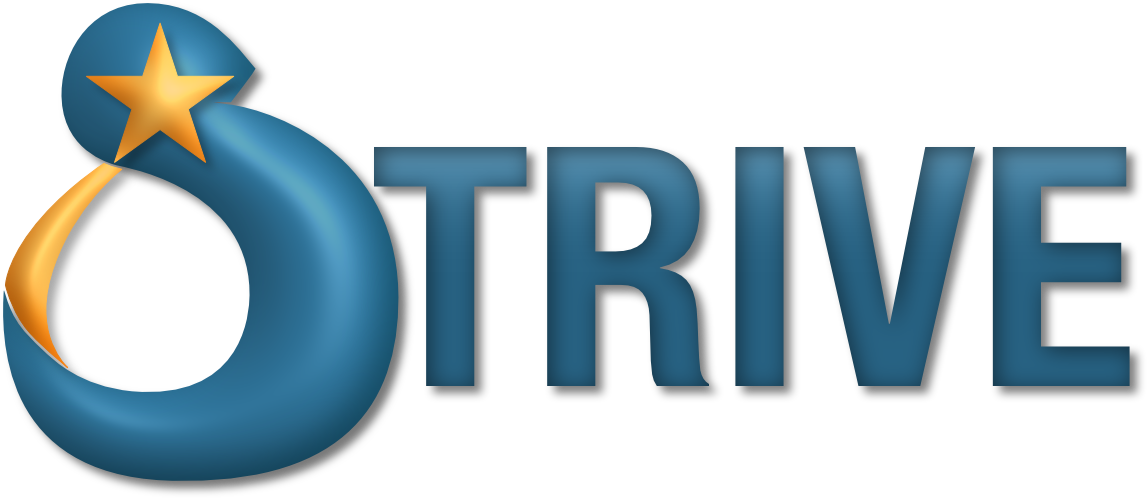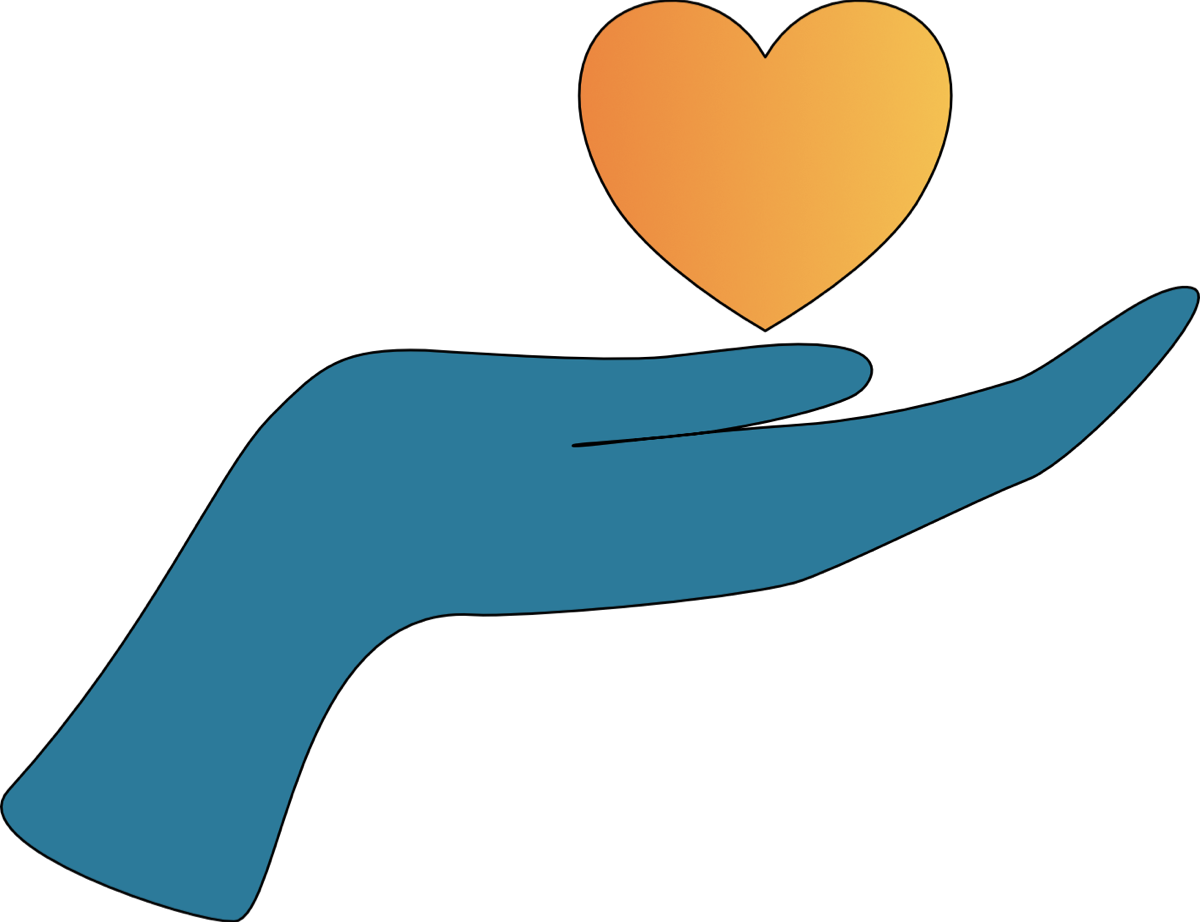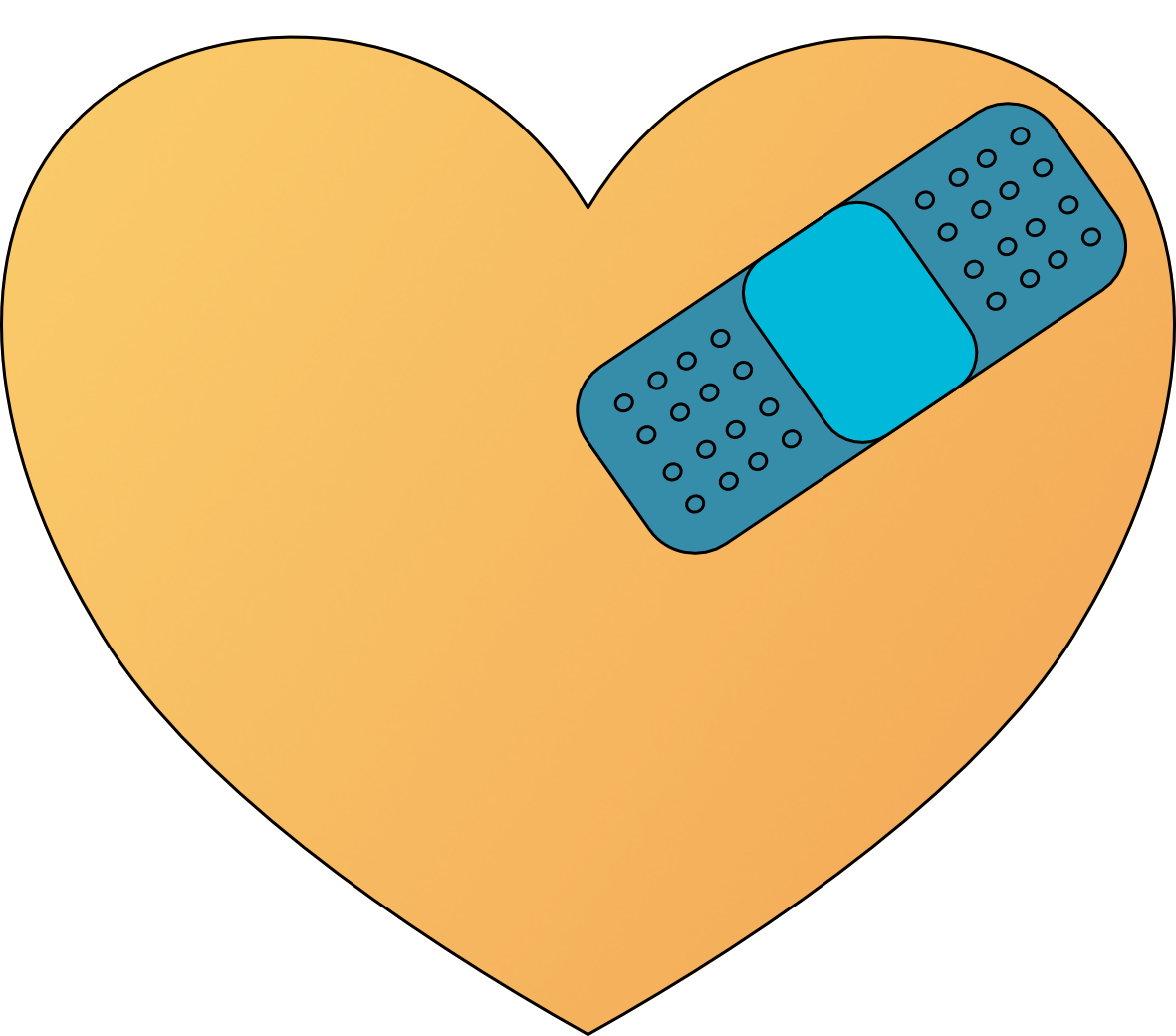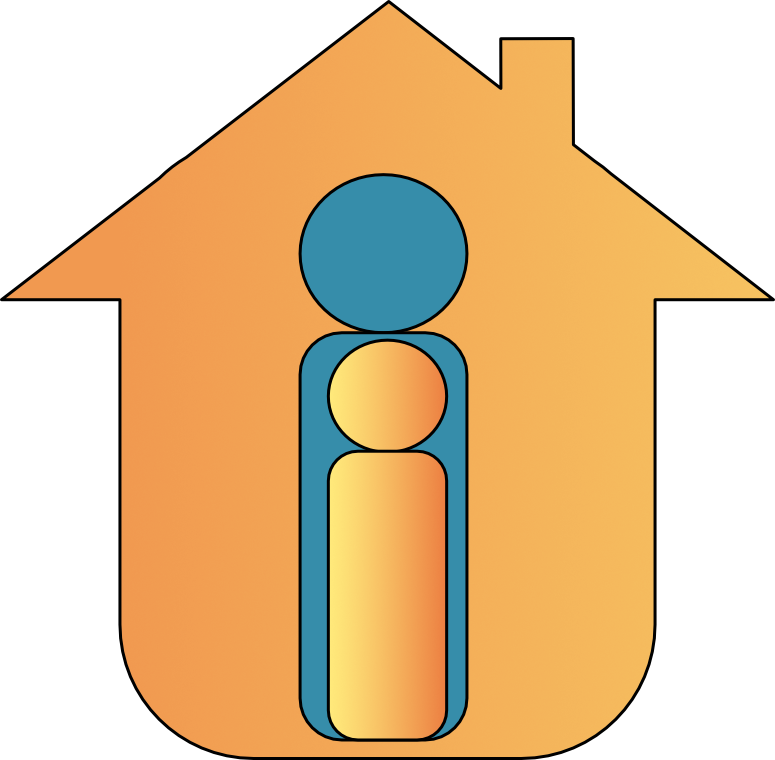behaviorBasics
Behavior Basics is available to download
Behavior Basics
Behavior.
What is it and who cares?
Why should we learn about behavior? Parents and other adult caregivers may be better equipped to support healthy/positive behaviors in kids and teens, which may increase the quality of life for both individual and family, and kids’ future. And It may give us some insight into our own actions.
What is it?
Behavior refers to the actions preformed by someone in response to an event or “stimulus” in the environment. It is observable, which means we can see it, and is heavily influenced by what we think and what we feel.
A very simple example of this would be waving to someone you know.
The behavior: Waving your hand. We can observe the hand moving, so we can be pretty certain it’s the behavior.
The stimulus or event you’re responding to is: seeing someone you know.
Now imagine this example in slow motion:
You’re walking along and you see a face on the other side of the street. Your eyes sends your brain the visual image of the face, which your brain recognizes as someone you’ve talked with before. A signal then travels to your hand telling it to wave.
Where does THINKING come in?
Let’s complicate things and add another step in between the event and the action. What we think about the event impacts how we respond to it. In our waving example above, it would look like this:
Event: Seeing someone you know
Think: “They are really nice!”
Action: Waving your hand
Or…
Event: Seeing someone you know
Think: “Uh oh - that’s the grumpy guy from next door.”
Action: Looking away and pretending not to notice them
Our thoughts about a situation make a HUGE difference in our behavior. But, as the example suggests, our thoughts also impact how we feel about the situation
Thinking, feeling, acting….it’s all connected.
________________________________________________________________________________________
OUR RECENT ARTICLES
The information and resources on this website are intended to help individuals better understand the U.S. health care system, health services research and medical effectiveness, and diagnosed conditions, but not to provide specific medical or mental health advice. Individuals are urged to consult with their own qualified health care providers for all diagnosis and treatment, and for answers to personal health care questions.
Please see our Terms of Use for details.
© 2023 Strive Family Resources, LLC




